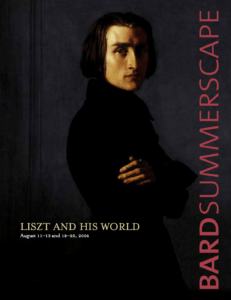No nineteenth-century composer had more diverse ties to his contemporary world than Franz Liszt (1811–1886). At various points in his life he made his home in Vienna, Paris, Weimar, Rome, and Budapest. In his roles as keyboard virtuoso, conductor, master teacher, and abbé, he reinvented the concert experience, advanced a progressive agenda for symphonic and dramatic music, rethought the possibilities of church music and the oratorio, and transmitted the foundations of modern pianism.
Elgar’s achievement is remarkably varied and wide-ranging, from immensely popular works like the famous Pomp and Circumstance March no. 1 — a standard feature of American graduations — to sweeping masterpieces like his great oratorio The Dream of Gerontius. The contributors explore Elgar’s Catholicism, which put him at odds with the prejudices of Protestant Britain; his glorification of British colonialism; his populist tendencies; his inner life as an inspired autodidact; the aristocratic London drawing rooms where his reputation was made; the class prejudice with which he contended throughout his career; and his anguished reaction to World War I. Published in conjunction with the 2007 Bard Music Festival and the 150th anniversary of Elgar’s birth, this elegant and thought-provoking volume illuminates the greatness of this accomplished English composer and brings vividly to life the rich panorama of Victorian and Edwardian Britain.
The contributors are Byron Adams, Leon Botstein, Rachel Cowgill, Sophie Fuller, Daniel M. Grimley, Nalini Ghuman Gwynne, Deborah Heckert, Charles Edward McGuire, Matthew Riley, Alison I. Shiel, and Aidan J. Thomson.
Praise
“The book is eminently successful, not least because of Leon Botstein’s magisterial concluding essay, which is perhaps the best summary of the composer’s cultural legacy to have appeared in English. . . . Apparently Liszt, of all 19th-century composers, is served particularly well by the collection format—perhaps due to the remarkable range of his activities.”—Choice
“This valuable compendium of essays…seeks to explain Liszt’s extravagant and sweeping musical presence in Europe within a broader historical context…A compassionately put together tome, its modestly-priced 587 pages are more than deserving of a place in the Liszt fan’s bookcase.”—Mark Tanner, Classical Music Magazine
“This volume is by far the most invigorating and useful anthology of Liszt studies in print.”—David Trippett, MLA Notes








